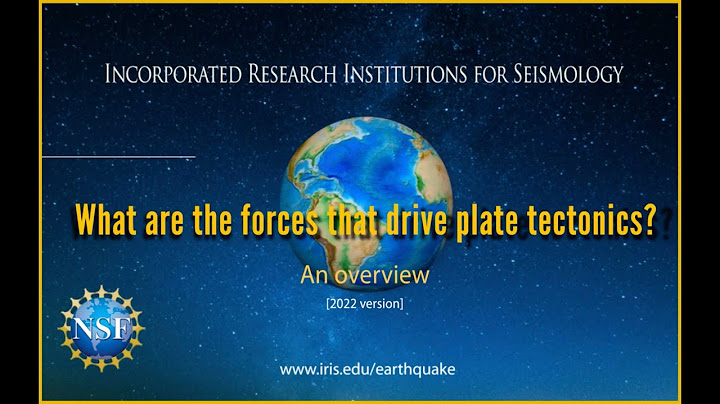AbstractWe have given some account of how Porphyry understands the embodiment of soul. We must now introduce the further complication of “philosophical” separation — the call to escape from the body — which is an idea of paramount importance in Platonism. Having discussed how body and soul come together and are related to each other we must now turn to see how the soul, whilst embodied, may yet act independently of body and break off its “relation” with body. The problem which presents itself here is the relationship between the two apparently contradictory ideas of embodiment and separation. Separation, as we shall see, does not necessarily refer to the moment of death but to a full separation of body and soul even during earthly life. This is termed “philosophical” separation, a term which equally must involve the concept of a “philosophical” union of body and soul or rather “fall” of soul into body. This, too, calls for examination. But what does philosophical separation of soul from body mean? What is its metaphysical basis? The call to separate soul from body seems to be the major ethical injunction which Porphyry lays upon us in his moral treatises. Is it a purely negative approach to life — an escape from the realities of this world and the foundation of a philosophy which can tell us nothing about how to live life here and now? Show Keywords
These keywords were added by machine and not by the authors. This process is experimental and the keywords may be updated as the learning algorithm improves. PreviewUnable to display preview. Download preview PDF. References
Download references Author information
Authors and Affiliations
Authors
Rights and permissionsCopyright information© 1974 Martinus Nijhoff, The Hague, Netherlands About this chapterCite this chapterSmith, A. (1974). Separation of Soul From Body. In: Porphyry’s Place in the Neoplatonic Tradition. Springer, Dordrecht. https://doi.org/10.1007/978-94-010-1604-9_2 Download citation
What is the separation between body and soul?Death is separation of the soul from the physical body. Death becomes the starting point of a new and better life. Death merely opens the door to a higher form of life; it is only the gateway to a fuller life.
What happens after death to soul?After completing its stay in the respective region, the soul is subjected to rebirth in different living forms according to its karma. This cycle can be broken after a soul achieves Moksha or Nirvana.
What do you mean by the unity between the human body and soul?The main concepts can be summarized as follows: (a) The human person is a unity of differentiated dimensions. The soul is the "substantial form of the body". It is the source of self-consciousness as well as the vital principle, which unifies the body.
|

Postagens relacionadas
Publicidade
ÚLTIMAS NOTÍCIAS
Publicidade
Populer
Publicidade

direito autoral © 2024 cemle Inc.




























